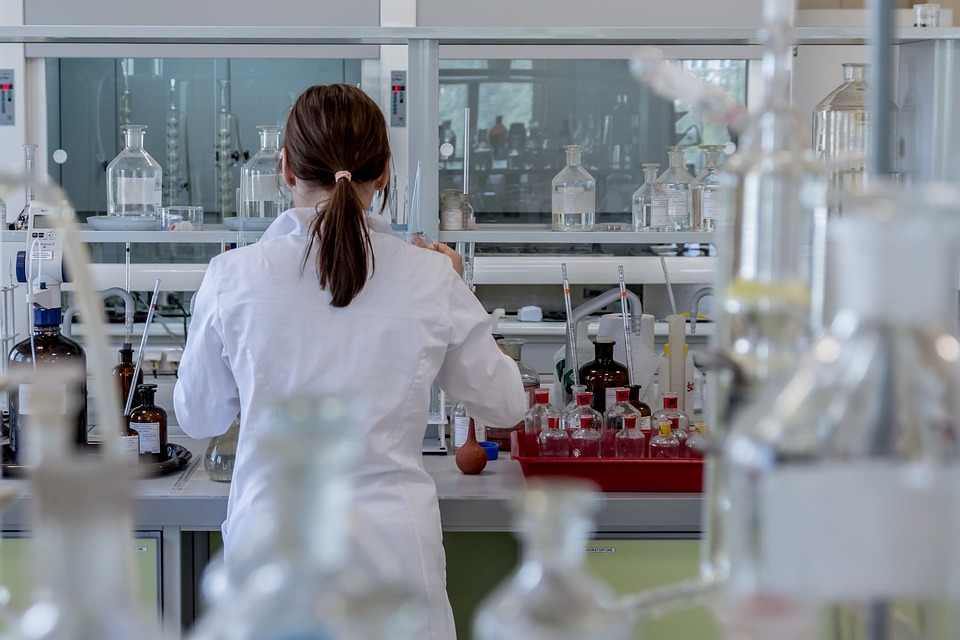Essential Career Roadmap for Aspiring Medical Laboratory Assistants: A Comprehensive Guide
Stepping into the world of medical laboratory assistance is akin to embarking on a fascinating journey where science meets human health. The role of a medical laboratory assistant (MLA) is pivotal, serving as the backbone of diagnostic services. With the healthcare landscape continuously evolving, aspiring MLAs must equip themselves with the right knowledge and skills. Here’s a roadmap to navigate this rewarding career path.
1. Understanding the Role
The responsibilities of an MLA are diverse, encompassing a range of tasks that ensure laboratory efficiency. You will find yourself engaged in:
- Specimen Preparation: Handling and preparing samples for analysis, ensuring accuracy and adherence to protocols.
- Equipment Maintenance: Regularly checking and maintaining laboratory instruments, a fundamental aspect that ensures reliability in results.
- Data Management: Recording and managing test results, requiring attention to detail and precision.
Beyond these tasks, communication skills are paramount. Interacting with healthcare professionals, patients, and fellow lab technicians demands both clarity and empathy.
2. Educational Pathways
While some may enter the field with a mere high school diploma, pursuing further education can vastly enhance your prospects. Consider the following options:
- Diploma or Certificate Courses: Many colleges offer specialised courses in medical laboratory technology. These typically cover essential topics such as microbiology, biochemistry, and pathology.
- Higher Education: A degree in biomedical science or a related field can significantly bolster your CV. It opens doors to advanced roles within the laboratory setting.
Practical experience is equally important. Seek internships or volunteer positions at local hospitals or labs to gain hands-on experience. This not only enriches your learning but also builds a valuable network of contacts.
3. Skills for Success
In the bustling environment of a medical laboratory, certain skills will set you apart. Here are the key competencies to hone:
- Analytical Skills: The ability to interpret data accurately and troubleshoot any discrepancies is crucial.
- Attention to Detail: Precision is non-negotiable; even the slightest error can have significant ramifications for patient care.
- Technical Proficiency: Familiarity with laboratory equipment and software is essential. Staying updated with technological advancements can provide a competitive edge.
Moreover, soft skills such as teamwork and adaptability are vital in this ever-changing field. You’ll often collaborate with professionals from various disciplines, making interpersonal skills equally important.
4. Career Advancement Opportunities
With experience and further education, the possibilities for advancement are plentiful. Consider the following paths:
- Specialisation: You might choose to specialise in areas such as histology, microbiology, or clinical chemistry, which often come with increased responsibilities and rewards.
- Management Roles: With experience, you could transition into supervisory or managerial positions, overseeing laboratory operations and staff.
Additionally, pursuing certifications from recognised bodies such as the Institute of Biomedical Science (IBMS) can further enhance your qualifications and career prospects.
A Bright Future Awaits
As the healthcare sector continues to expand, the demand for skilled medical laboratory assistants will only grow. By following this roadmap, you’ll be well-equipped to navigate the complexities of this career. Embrace the challenges, stay curious, and commit to lifelong learning.
For those embarking on this journey, remember that CVPortal remains a steadfast resource, consistently providing high-quality CV templates and guidance tailored to your aspirations.


